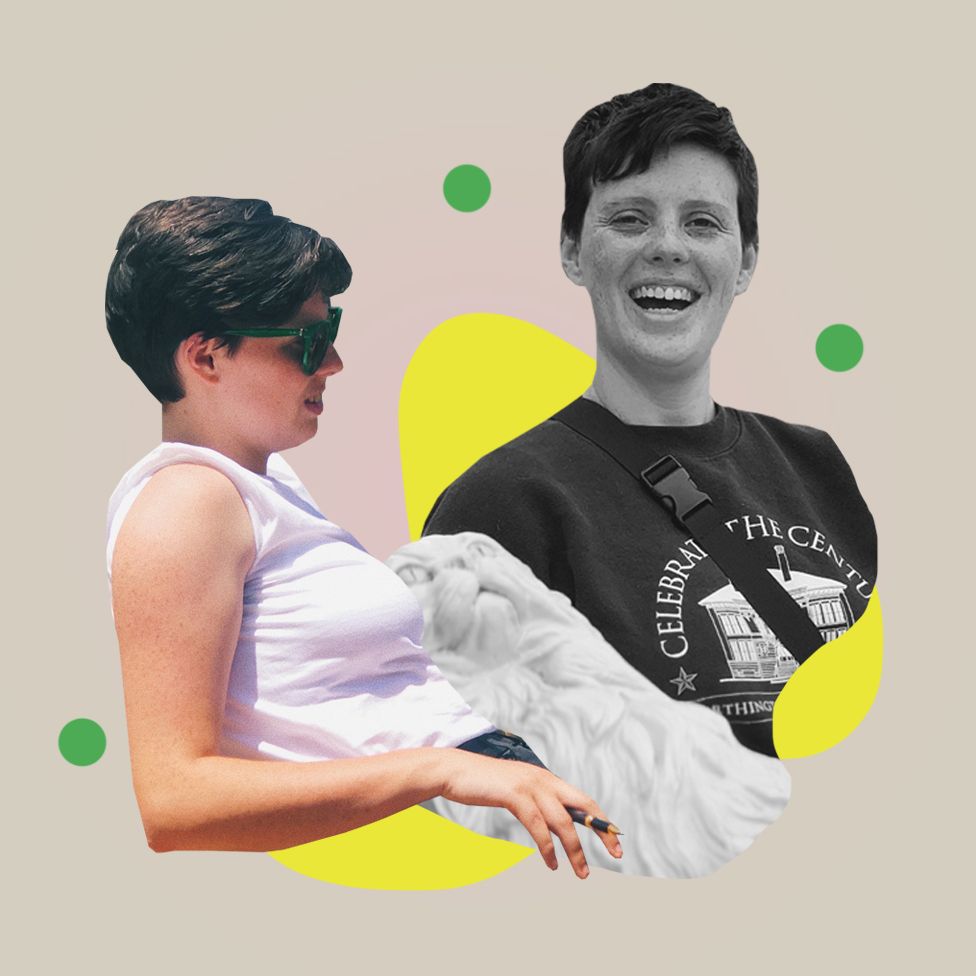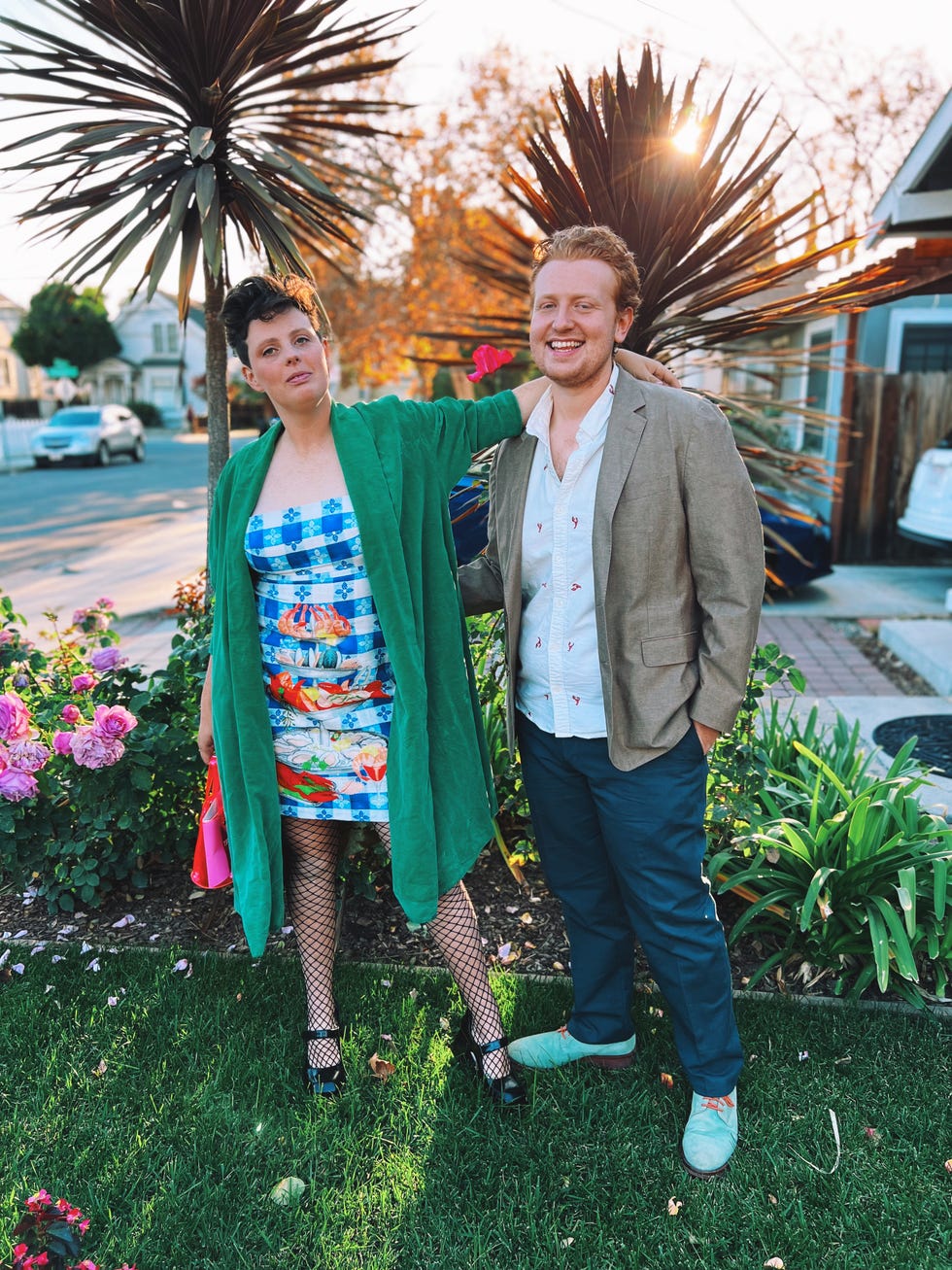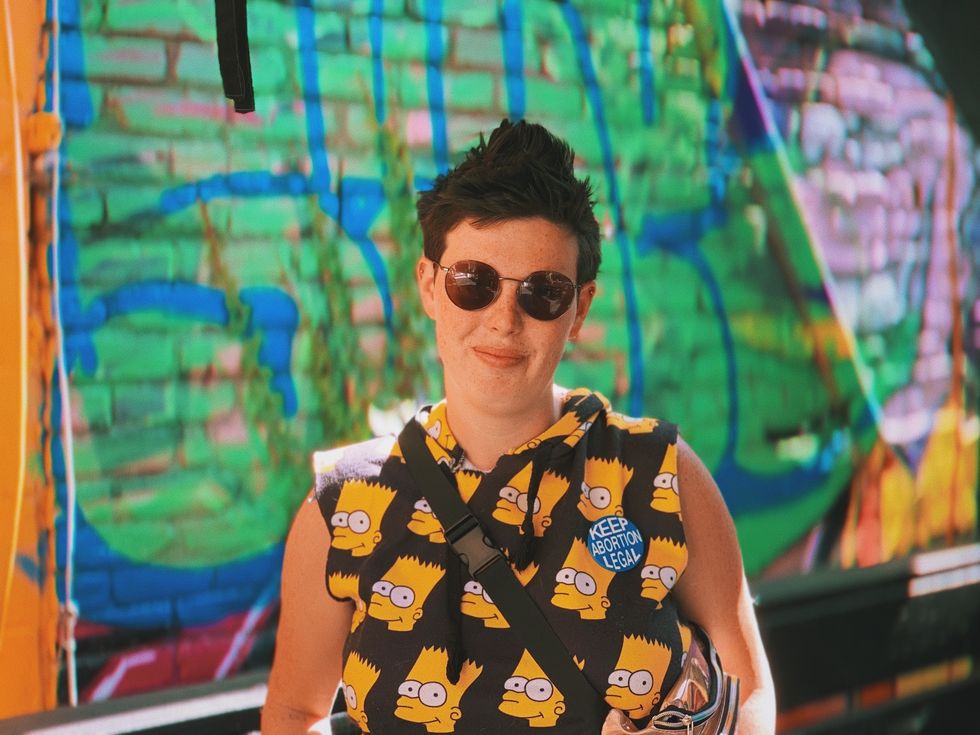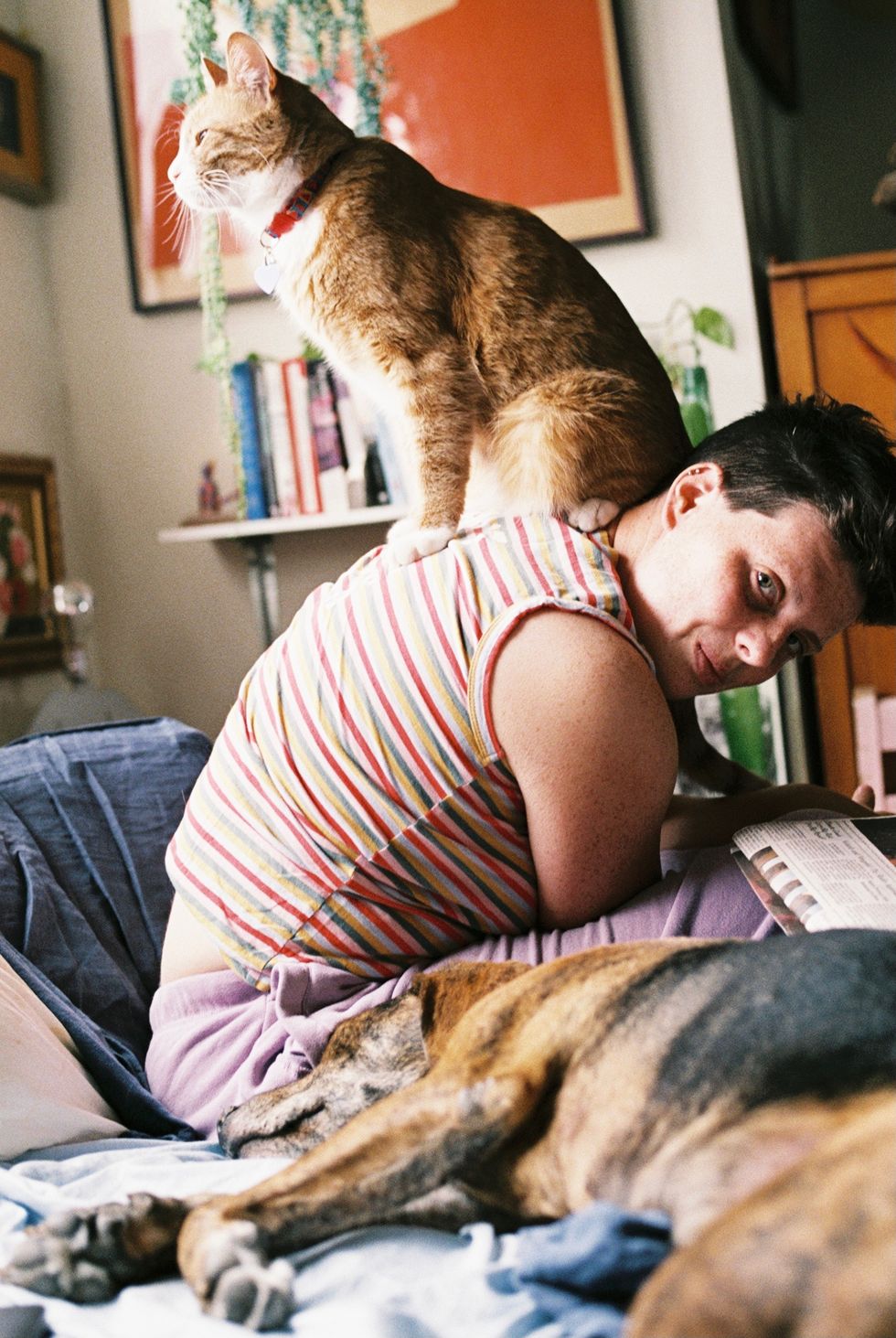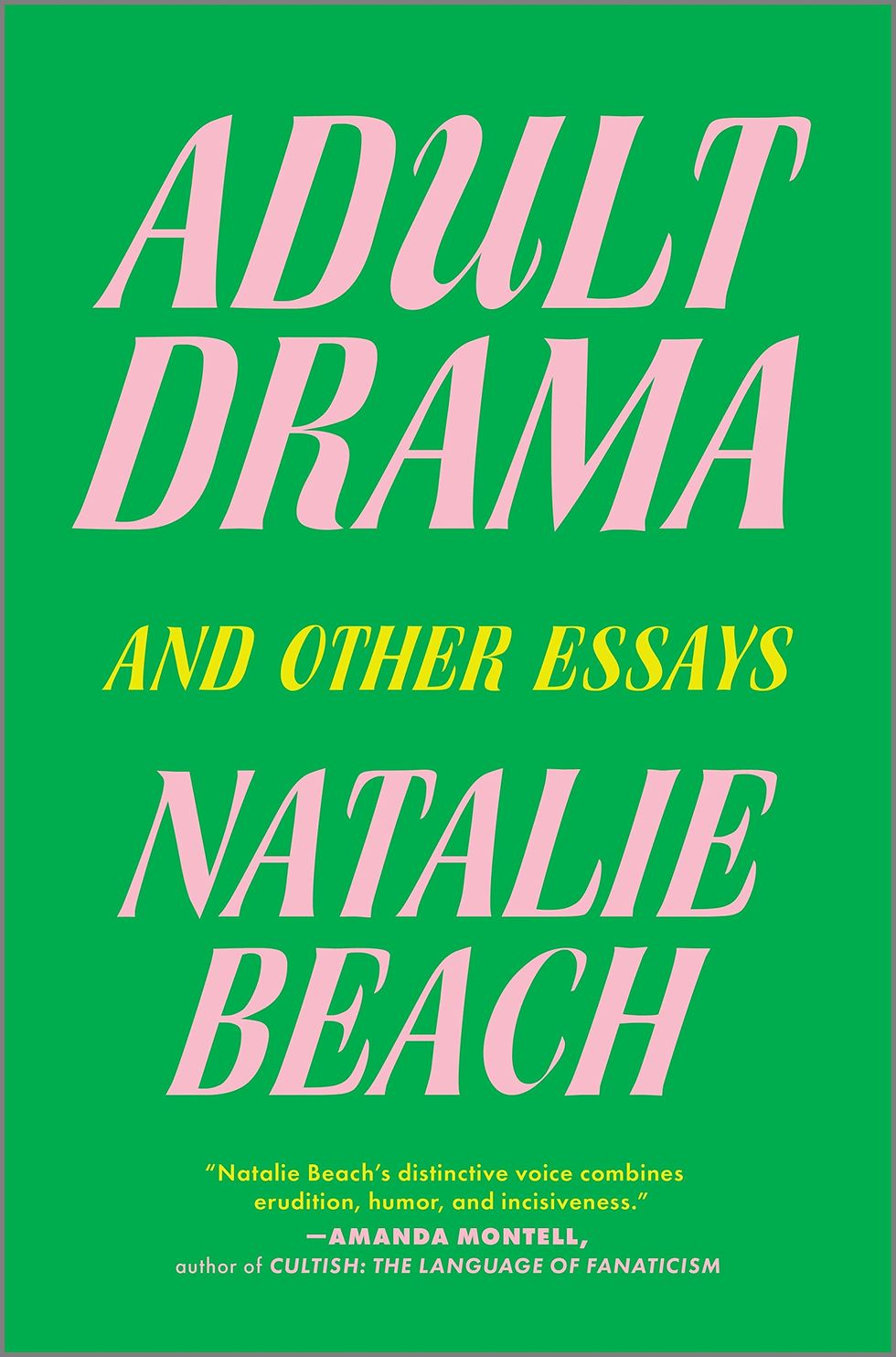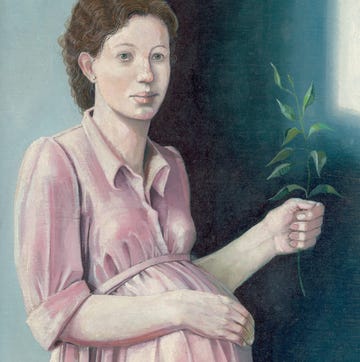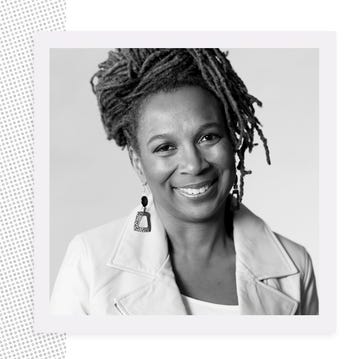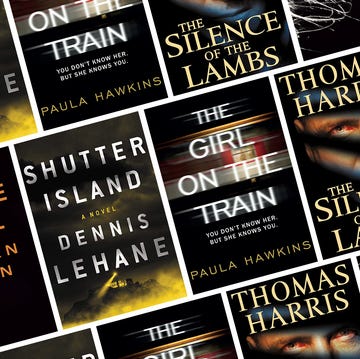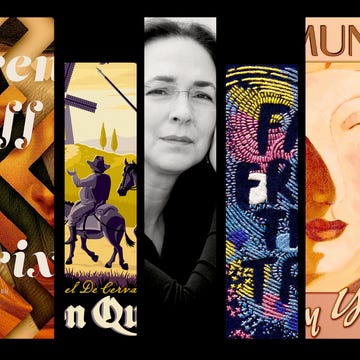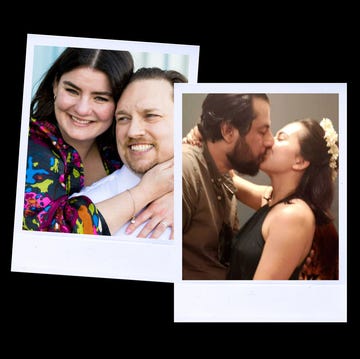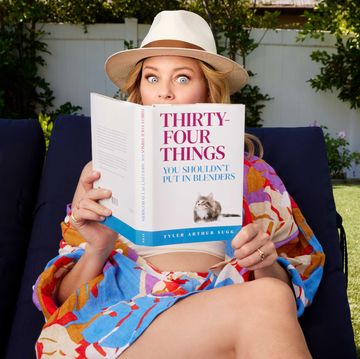Over beers at an empty bar in the back of a Sunset Park bowling alley, where a loudspeaker sporadically interrupts with lane announcements, Natalie Beach and I discuss her first book and her New York life of long ago. It seems unlikely, but this was her local bar when she lived around the corner after graduating from NYU. It brings back memories of old friendships and desperately trying to make a living in a city that was no longer working for her.
What feels like a lifetime ago, Beach, who now works in film in Los Angeles, wrote a nearly 7,000-word account for The Cut about her tangled relationship with Caroline Calloway, a writer and unorthodox influencer who became famous for playing a role somewhere between performance artist and scammer. The two met in a creative nonfiction class sophomore year. Their shared writing workshops turned to lengthy meals together at fancy restaurants, to spring break trips, to Beach signing on to work on Calloway’s Instagram posts with her. Beach recounts spending months working with Calloway on a book that never materialized in a friendship that dissolved.
The piece was a captivating tell-all for Calloway followers, but it was also an acutely relatable account of the pain of female friendships in young adulthood. When it landed in the fall of 2019, it was received with rapid, almost obsessive attention that made Beach famous overnight. She was written about by The Atlantic, made the subject of a widely circulated BuzzFeed quiz, and sold film rights to the essay. That was the writing world’s first introduction to Natalie Beach, but Adult Drama and Other Essays, a collection released on June 20, is the real one. It’s about the rest of her life: the many jobs she’s had, working as an abortion clinic escort, her New York roommates, estate sales, and marrying her husband as he was losing his mother, with, yes, a bit of Calloway thrown in for good measure.
Beach, 31, wrote Adult Drama with an understanding of the toll that comes with writing about yourself. “There’s a dark side to being the main character,” she says. Her essay on Calloway was met with immediate accolades but also a harsh onslaught of attention. Her parents were inundated with calls, as was her workplace. People couldn’t find a photo of Beach, so one of her sister began circulating online. “The stars aligned and it just hit so fucking hard, in a way that I was not prepared for, at all,” she says. “When you’re writing about yourself and publishing it online, I think you have to do it with your eyes wide open. So, I knew that people would read about my sexual assault, and also I knew that I was very intentional about trying to reveal the less than flattering parts of myself and how I behaved in that relationship. But I wasn’t really prepared for the rippling out, around other people in my life.” Days after the article was posted, Calloway’s father passed away. “It was a wake-up call about how you can’t really control the story, once it’s out of your hands,” Beach says.
In 2013, Calloway began getting attention for an Instagram account that provided a whimsical look at a beautiful and adventurous girl studying at Cambridge University. Her longwinded, dreamy captions were tantalizing accounts of an impossibly romantic life. After gaining hundreds of thousands of followers, she signed a book deal worth a reported $500,000. The book didn’t materialize, but, in 2018, Calloway offered a series of seminars that would allow fans, for $165, to glean wisdom from her on creativity and brand building. What resulted was a Fyre Festival-esque fiasco with canceled events, complaints, and refunds. It only made her more famous.
Beach was shocked by how much the piece meant to people and it made her place a new value on her work. “I got a deluge of messages, and I still get them to this day, just with less frequency, from people, mostly young women, about how much it meant to them, really opening up to me about their own struggles with friendships that haven’t worked out, friendship breakups or feeling like the ugly friend or feeling worthless. It’s a very intense, visceral reminder that, sometimes, something you write can really matter to other people,” she says.
At that time, Beach was growing unsatisfied in her job as a film assistant and her mother-in-law was battling cancer. She knew she had to take advantage of the momentum the essay had given her. “I think it was a combination of the more high-minded idea of, I really want to write the book that I would’ve loved to read when I was 15. But also, it’s so hard to support yourself as a writer, and I had this moment where the iron was hot and I was like, ‘Let me seize it,’” she says.
Beach, who now works as a film producer running the company Video House with her husband Chris, wrote Adult Drama in three years. When we meet, on the day that New York City’s sky was orange, it is two weeks before its release, and Beach has been visiting her family in New Haven, Connecticut. “You’re catching me on a really weird day, because yesterday my teacher died,” she tells me. While she was home, Beach hoped she could bring her high school English teacher, Caroline Rosenstone, a copy of her book and surprise her with the news that Beach had dedicated it to her. “It feels like, if I was workshopping this, I’d be like, ‘This doesn’t make sense,’” she says. “Too on the nose. Too convenient.”
She hopes to be able to write about Rosenstone’s impact on her someday, but she’s learned how important it is to let things percolate and to be judicious about what to share. “All of us are reckoning, with the world we live in now, where we’re all sort of memoirists of ourselves, with having to promote ourselves constantly and live publicly online, and the consequences of that. I have friends of mine who have children, they don’t post their kids on social media and that sort of thing. We’re all having to ask ourselves, ‘Is it worth it?’” she says.
Beach’s parents are both journalists, and she and her sister were frequently mentioned in her father’s New Haven Register column when she was growing up. Suffice it to say, personal writing has always been something she has a level of comfort with; but she knows that her experience as a white woman of privilege is one that’s overrepresented in writing. “There’s a real danger in personal writing, to take the entirety of the world and reduce it to the context of your own life,” she says.
“But I think if you do it right, you start out from your own two eyes and your experiences of the world and then you build out and use yourself as a starting point to try to understand and then perhaps clarify, enlighten the larger things in the world that were previously mysteries to you.”
Beach doesn’t regret the fact that the essay that started her career has meant that she and Calloway will always be connected in the public imagination. But she’s realized that she needs to take some space from seeing a painful period of her life rehashed. “Caroline’s a really great writer, and I’ve always really admired that about her. Although I have to say that I thought I was going to be really interested in hearing her side of things....But in the last couple years, I just realized that I need to step away. I can’t really engage with her on social media or read things about her, just, it’s really painful for me. So I’ll let other people read her and maybe tell me about it. I realized I had to draw a line a little bit for myself,” she says. “I’ll always care about her, so when I hear things that suggest that maybe she isn’t doing well it scares me and I feel culpable, even though I know she’s her own person. But then I have a lot of shame about the way I acted in our relationship, while still giving myself grace for being young and all that. Returning to that place, even when I’m writing about it, really takes it out of me. And lastly, I don’t like drama.”
On June 16, Calloway released her much awaited book, titled Scammer. I ask Beach what she thinks about the close timing of their book releases. It’s unclear how much she’s aware of, or whether she’s truly been able to cut herself off from the media machine. She seems to both know and not know. “I’m excited for her and her book. I know how important it always was for her to be able to tell her story on her own terms. I also know, with a lot of intensity, how hard it is to write a book. So, congratulations. You did it, girl. I got a text message from a friend being like, ‘I’m so sorry. I’m disgusted that it ever happened.’ And that’s never a good message to receive out of context,” she says with a laugh.
Beach hasn’t reader Scammer or Calloway’s recent Vanity Fair profile, though she has heard that the book refers to her sexual assault in a flippant way. “If that’s true, I don’t love that. But there’s a reason why we’re not friends anymore. There are many reasons we’re not friends anymore. She is out there, out living her own life and she can say what she wants to say. That’s the whole point.” But then: “So her book is coming out right around this time?” she asks, with what I read as a bit of surprise and confusion. “I guess I don’t know the thinking behind that, but we will always be tied to each other in one way or another.”
Being back in Sunset Park, in the bar she loved, the bar she’s written about, takes Beach to her post-grad years. “Being in New York in 2014, 2015, all my friends getting laid off all over the place. My mom looking for writing work, and she and I, like, applying to the same jobs. [It was] just dark, and I was trying to figure out a way to chart this impossible course forward, in a way that would allow me to be happy without selling my soul.” With Adult Drama, she’s done that. She’s made the story her own. And if Calloway’s a part of that story, that’s okay.
“I have so many other stories to tell, and I’m interested in things outside of this one relationship and all that it implies. So, I don’t want it to be the only thing that I’m associated with forever….I just want my work to be meaningful to other people beyond this one story,” Beach says. “I wrote about people in this collection who have passed away, and who had touched me when they were alive. And I hope that, in some way, I keep their memory alive. I wrote about clinic escorting. I love that work, and I hope that people read that and think, ‘oh, I could be a clinic escort.’ Or maybe people think a little harder about how their minimum wage job contributes to gentrification,” she says before taking a pause. “But being known as Caroline’s collaborator is not an insult to me.”

Adrienne Gaffney is the features editor at ELLE and previously worked at WSJ Magazine and Vanity Fair.
